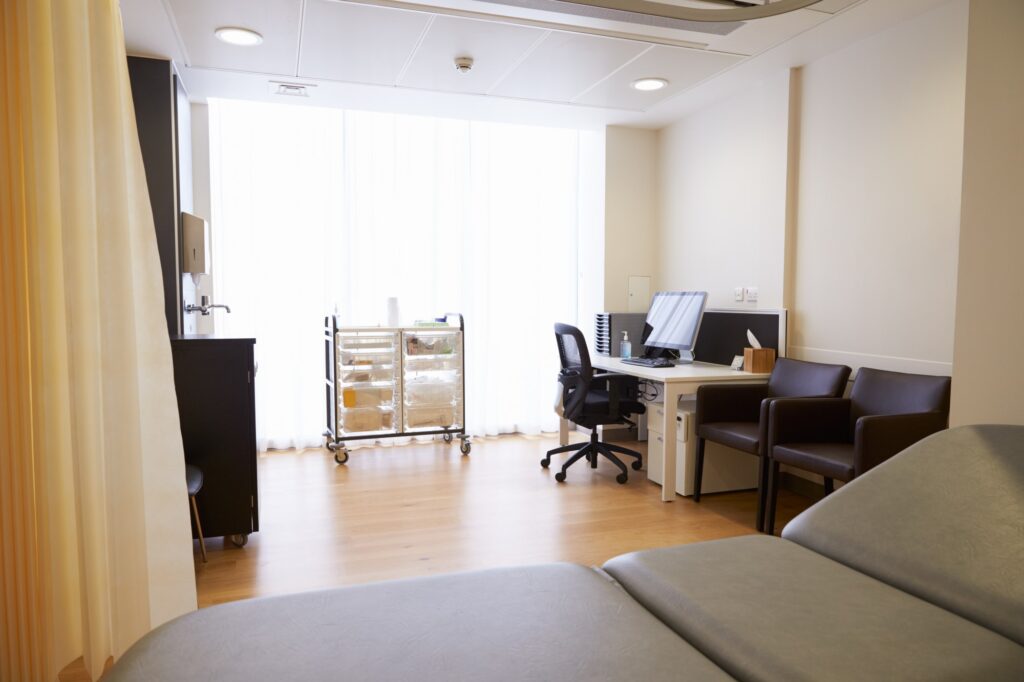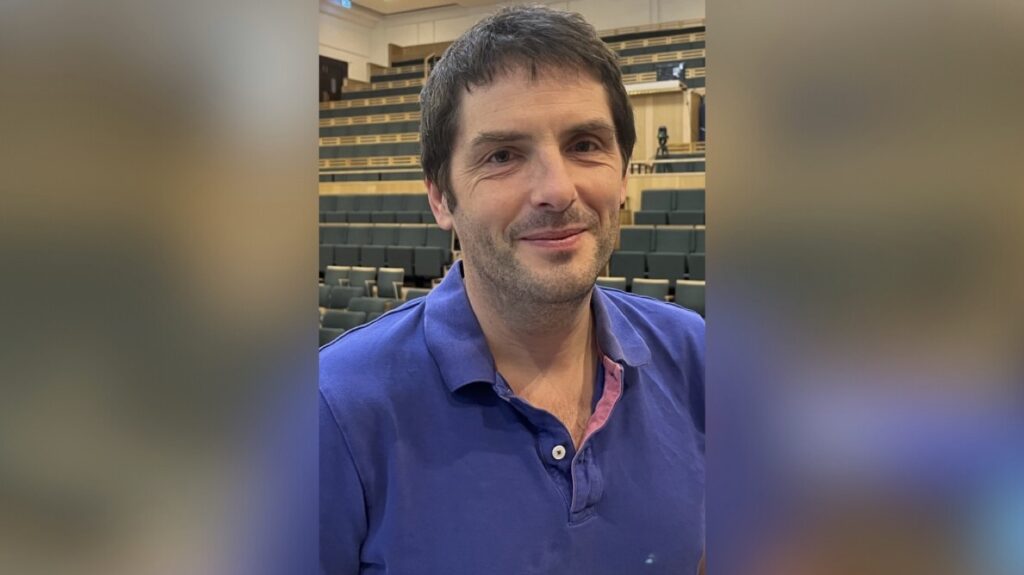
The frustration of the 8am battle on the GP surgery phonelines is one many can relate to.
It can take days to secure an appointment – so it’s not hard to understand why there is often little sympathy for those who manage to book an appointment – and then fail to turn up.
You don’t have to look very far on social media to find people venting their anger, often assuming those who Did Not Attend (DNA) are selfish, lazy or at least indifferent to the knock on effects of their absence.
DNAs not only stop others from accessing healthcare when they need it, but they also lead to crippling costs for the NHS.
The Integrated Care Board ( ICB ) for North East England and North Cumbria lost more than £13.7 in the six months between June and November, 2023, according to figures from NHS England, which estimates the cost per missed appointment to be around £30. For the North East alone, the figure is almost £12.4m.
Prime Minister Rishi Sunak floated the idea of charging patients £10 for a DNA during his leadership bid in 2022 while his current Chancellor, Jeremy Hunt, first planted the seed back in 2015 during his tenure as the UK’s longest-serving health secretary.
The suggestion was later dropped but the idea has lingered with some seeing it as a solution to tackle waste and provide additional funding to a cash-strapped NHS feeling the pressures of unprecedented levels of demand.
Dr Paul Evans, sole contractor of the Bridges Medical Practice in Gateshead, is calling for both clarity and compassion on this contentious and complicated issue.

While acutely aware of the indirect issues multiple DNAs cause for the service provided to patients and the frustrations linked to those not turning up or even bothering to tell anyone, he says: “There are many many reasons appointments are missed.
“Patients do genuinely forget. There are some who I know would be mortified if they realised.
“There are patients who are so ill they are unable to let us know and some have even been hospitalised. Others are coping with a vomiting child and don’t have time to pick up the phone and let us know they cannot make their appointment.”
Dr Evans, who is also the Chair of the regional local medical committee who represents GPs working in the North East England and North Cumbria ICB, estimates around 5-10% of booked appointments at his practice can end up as a no show, but he says it is difficult to quantify the cost.
“The overall cost is more to the wider healthcare system than to individual practices.”
“A lot of the patients I see do not have an eye test because they cannot afford the cost involved or they do not have dental treatments for the same reason. Some patients I see are choosing between heating or eating so to charge for missing your GP appointment just feels wrong.”
Dr Paul Evans, Bridges Medical Practice, Gateshead
While he agrees that DNAs can indirectly cause delays to care for older patients and lead to practices paying for more staff than they end up needing, Dr Evans also points to a multitude of socio-economic factors which contribute to whether someone is able to attend the surgery as planned.
“There are a significant number of patients living chaotic lives,” he says. “Some of my patients struggle to plan day-to-day. Some may or may not depend on substances and there are a proportion of patients who are adversely affected by events in their lives.”
Figures show those living in more deprived areas of the country are less likely to attend their booked GP appointment while those with learning disabilities and mental health issues can also struggle to make it into the surgery as planned.
Dr Evans strongly advises against introducing charges for missed GP appointments, arguing fines could potentially put patients off booking future appointments, putting them at risk of health problems deteriorating or going untreated.

Ultimately, he says, this would place a heavier burden on the healthcare system as well as limit positive patient outcomes.
“For me it fails on two counts – firstly the administration and the running costs. Chasing up patients for money and the costs of recuperation would mean there is no gain for the practice and no gain for patients.
“Meanwhile a lot of the patients I see do not have an eye test because they cannot afford the cost involved or they do not have dental treatments for the same reason. Some patients I see are choosing between heating or eating, so to charge for missing your GP appointment just feels wrong.
“It would also change the doctor/patient relationship.
“Why are we even contemplating this?” he continues. “To appease a population who want to punish others for being ‘feckless’. But there are no winners and no losers. If there was a solution, we would have found one by now.”
Not everyone agrees, with some surgeries putting punitive procedures in place in an attempt to tackle the problem.

GP practices within the Darlington Primary Care Network, for example, have DNA policies which result in patients being sent warning letters if they fail to attend a certain number of appointments. If they continue to miss appointments, they can be removed from the list.
Other surgeries have introduced text message and email reminders to reduce rates of missed appointments along with online cancellation forms.
The return of home visits (following the lifting of Covid restrictions), weekend appointments and the digitisation of the NHS, which allows online consultations and management also offer opportunities to avoid missed appointments.
Dr Neil O’Brien is a GP based in Chester-le-Street. He is also the executive medical director for the NHS North East and North Cumbria Integrated Care Board.
He said: “When patients miss appointments, it can be a frustrating waste of resources for GPs and their teams and also for those other patients who are trying to secure an appointment for themselves.
“If a patient can’t make their slot, we would urge them to let their practice know as soon as possible so it can offer that valuable time to someone else who really needs it.”
Dr O’Brien also recognises that missed appointments “could be an indication that something more serious may be happening for that person”, adding: “If anyone is struggling to attend their appointment and may need reasonable adjustments to help them attend, they should contact their practice to let them know what help they need.”
“There are no winners and no losers. If there was a solution, we would have found one by now.”
Dr Paul Evans, Bridges Medical Practice, Gateshead
Last May, the Department of Health set out its Delivery Plan for Recovering Access to Primary Care with an intention to make it easier for patients to see a GP by offering more appointment options (face to face, telephone and digital message), more detailed assessment procedures and ensuring they are informed on the day as to how their case will be handled.
The plan also set out seven conditions which can now be dealt with by pharmacists – bypassing the need for a GP appointment.
From the beginning of February patients can attend their local pharmacy to be assessed and treated for sinusitis, sore throat, earache, infected insect bite, impetigo, shingles, and uncomplicated urinary tract infections (in women under 65) without requiring an appointment or a prescription.
The actions set out in the plan are expected to free up around 15 million GP appointments over two years.
A Department of Health and Social Care spokesperson said: “We strongly encourage patients to attend their appointments, as every one missed, costs money and that could be spent on patient care.”

Kielder Water, Northumberland, which was opened by the late Queen in May 1982, is the UK’s biggest artificial lake by capacity, holding 44 billion gallons










